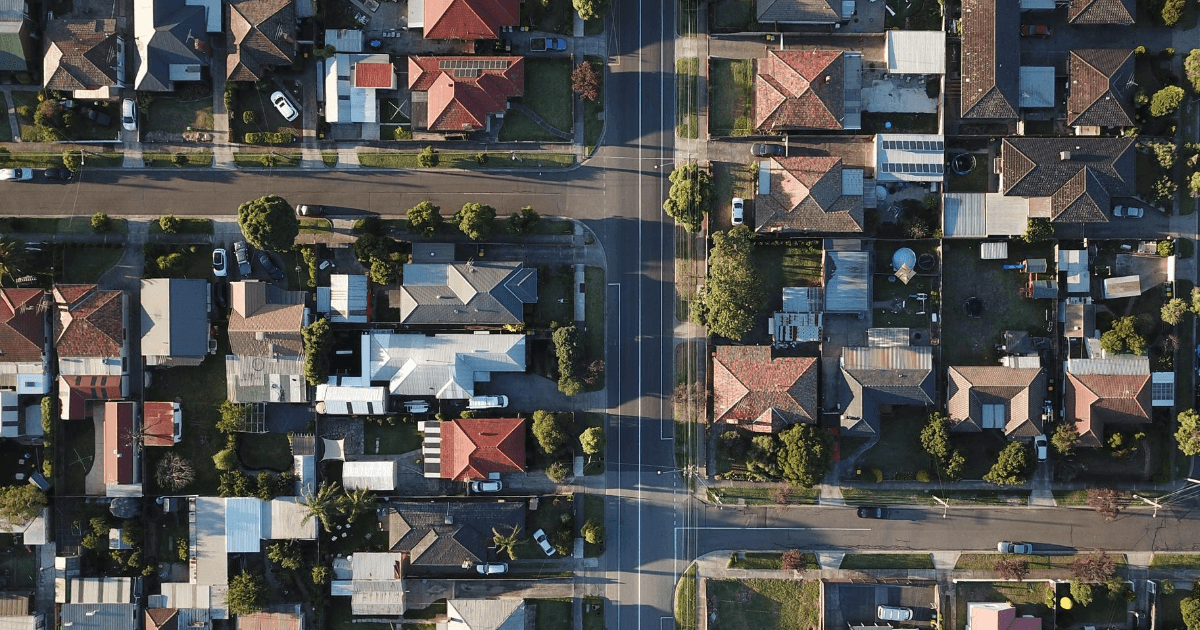
State housing finance agencies (HFAs) have been at the center of the affordable housing financing system for more than 50 years. In 2019, they provided nearly $32 billion in financing for 161,000 mortgage loans to borrowers with an average income of roughly $56,000 and over $10 billion in financing for the development and rehabilitation of more than 150,000 rental units.
State HFAs are deeply engaged in developing new solutions to some of the most urgent and complex challenges in the country today.
Providing emergency housing assistance during the pandemic. Governors and legislatures have long turned to their state HFAs in times of crisis ? from foreclosures and floods, to wildfires and opioids ? and COVID-19 is no different. State HFAs are the largest source of statewide housing aid to renters and homeowners facing dire housing circumstances during the coronavirus recession. Thirty agencies have delivered a combined $1.3 billion in support to date, with several other states considering additional programs.
It’s hard and often thankless work: quickly standing up brand-new programs to meet overwhelming needs under intense public and political scrutiny in the midst of a pandemic that has challenged all aspects of regular business operations. The state HFAs in Arizona, Delaware, Iowa, and Maine are among those that have already made enhancements and expanded programs in response to changing needs in communities.
Expanding housing opportunity for people of color. For most of the past couple of decades, state HFAs have matched or beaten the home mortgage industry overall in serving minority homebuyers ? and recognize today that much more must be done to redress systemic racism in the housing system. The agencies as a group are the largest provider of down payment assistance for low-income and minority households, which research suggests is essential for helping more Black and Brown families become homeowners. State HFAs are working with other industry leaders who share their commitment to a more inclusive housing market, as epitomized by initiatives in Kentucky, Minnesota, Ohio, and Tennessee, among many other states.
State HFAs are also increasingly using their authority to award Low-Income Housing Tax Credits (LIHTC) to stimulate new affordable development in more opportunity-rich neighborhoods, while continuing to support neighborhood revitalization and housing preservation where it is needed.
Advancing a new vision for healthier affordable housing. COVID-19 is deepening health and housing disparities in the United States and shining a painful light on well-established linkages between health and housing, especially for households and communities of color.
With funding from the Robert Wood Johnson Foundation, NCSHA’s Affordable HEALTH (Housing Equity and Long-Term Health) Initiative is building on state HFA leadership ? ranging from New Jersey’s groundbreaking partnerships with hospitals to Louisiana’s cutting-edge use of Medicaid waivers ? and engaging other industry innovators to create new financing and policy tools to make multifamily affordable housing healthier.
On these initiatives, and in an array of federal advocacy efforts, state HFAs are working with NHC and many of its members to advance solutions.
Stockton Williams is executive director of NCSHA.

